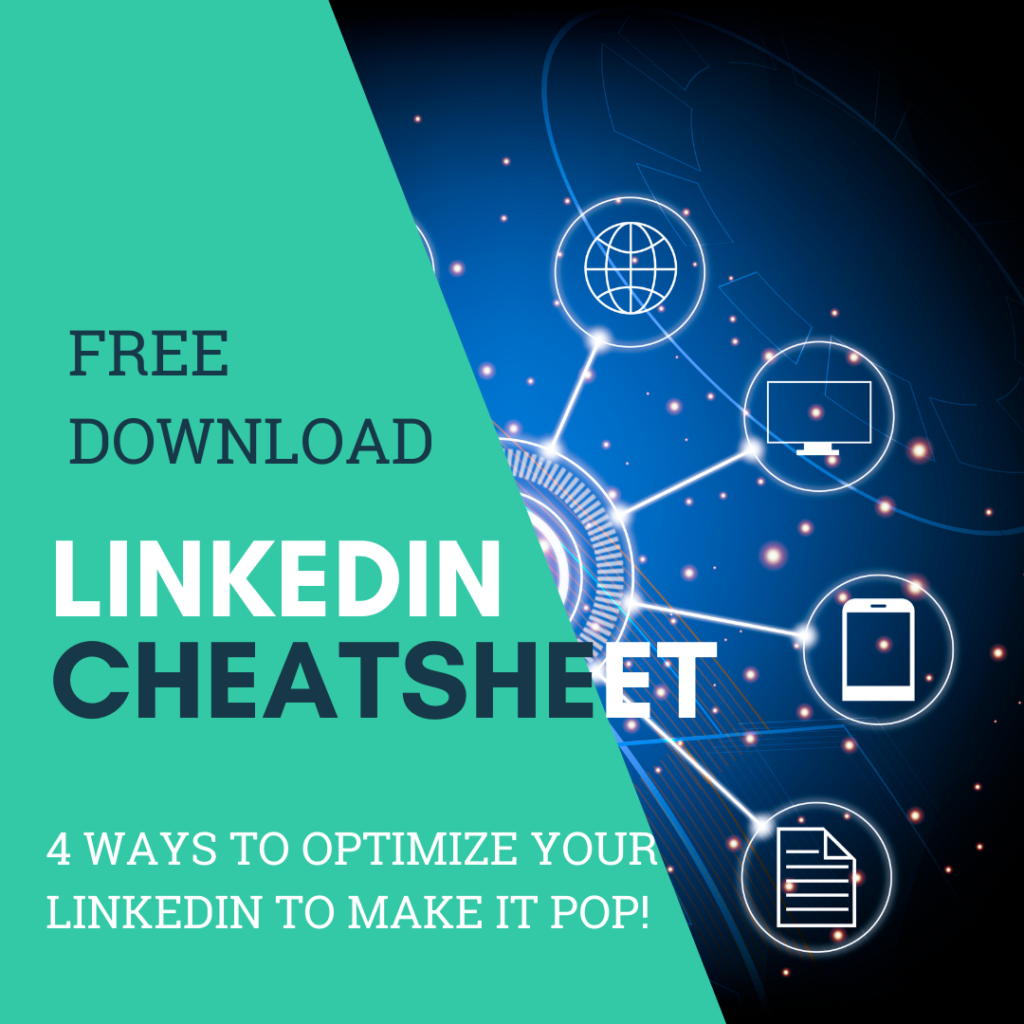One of the common money mistakes I see a lot of new business owners make is not separating their business and personal expenses. To some, tackling money may feel very challenging and there might even be resistance around getting started. Using some simple strategies it can be a very seamless process.
Now I’ll share some of my best practices around how you can keep your business and personal expenses separate. And if it seems like a daunting process I’ll also give you some quick and dirty tricks for getting started.
1. Set up a new business checking account
 First, the best practice from the outset – you want to make sure that you have separate checking accounts for your business than you do for your personal expenses.
First, the best practice from the outset – you want to make sure that you have separate checking accounts for your business than you do for your personal expenses.
- Choose a lender you know. Setting up a new account with your bank involves choosing a lender that you already have a relationship with. This is important. Because if you’ll need financing for your business later you want to have a relationship with an existing bank.
- Keep all your accounts in one bank. Keeping all of your accounts in one bank has the added value of showing brand loyalty to a potential lender. And if your business account is held at the same institution as your personal checking account, paying yourself is easier.
- Make business purchases with your business account. The next thing to consider in keeping business and personal expenses separate is making sure that when you’re making purchases for the business that they’re done through that business account. This can be through a business debit card. Or if you choose to get checks having those checks for your business services. For instance, things like paying business rent or business taxes, etc. would go in this category.
2. Which business entity is right for you? LLC vs. S Corp
The second thing to do to help keep personal and business expenses separate is to think about your entity formation. This is important.
- LLC. If you have an LLC the business expenses will still flow through your social security number, which is fine. But you’ll have some extra sifting to do when you prepare to meet with your tax professional at year-end.
- S Corporation. One way you might want to think about structuring your business is to look into being taxed as an S-Corp. But if you incorporated as an LLC that’s fine. You can still be taxed as an S-Corp by filing this designation with the IRS. But if that’s something you’re interested in definitely consult with your tax professional, a CPA or a small business attorney. They can help you through what entity solution is going to be the best for you and your tax liability.
3. Get the Tracking and Bookkeeping Software that’s right for you

The third thing that can help is starting to use some bookkeeping software for managing and tracking business expenses. If nothing else, make sure you’re tracking your expenses in a way that’s easy to manage on a regular basis.
- This best practice would look like downloading software like QuickBooks which is a paid platform. You could use QuickBooks Online or the desktop version. Or any of the free options that are out in the universe like Wave Apps or FreshBooks.
- These applications allow you to link your business accounts to their software. So that you can import business transactions and take them to appropriate expense lines as the money is being spent.
- This means at tax season time you can use whatever software you want to then generate reports. You can give these to your tax professional making it easy for them to see what went into the business. And also the expenses the business incurred. This is invaluable information.
4. Some Quick and Easy Solutions for Business and Personal Expenses
- Firstly, if you’re going with the quick and easy route for separating business and personal expenses then instead of having a fully separate business account that’s linked to your employer identification number what you might do is just open up a second personal checking account that you use solely for business expenses. In this way you create a separate account even though it’s not a business account. It is a place where money ideally will flow in and out of your business.
- Secondly, another quick-and-dirty solution would be to not file any entity formation and to let the business just run through your personal tax. This is a designation that most people are familiar with. As a Sole Proprietor if you’re not fully prepared to get incorporated yet this works perfectly fine and you can just let your tax professional know that you do have business income coming in through this other checking account that you set up.
The beauty of separating your expenses in your first year is that after a year you’ll have the bare bones of creating an operating budget
- Thirdly, to separate these expenses easily would be to then be checking the bank statements of your personal accounts with some regularity. And perhaps leveraging some of your bank software to do some of the designation for you in terms of where expenses are going. Oftentimes in credit card applications or in some online banking applications they will do analysis for you of expenses across a month. And will even create beautiful charts for you to look at where your money went. But if you can do that for the separate account that you set up specifically for your business that can act like a bookkeeping software in terms of you being able to get a view of where your money is coming in and out of the business week-to-week, month-to-month.
- Lastly, the beauty is that after a year you’ll have the bare bones of creating an operating budget. Granted, a helpful operating budget is not the topic for this post (happy to share more about that if that’s what you’re interested in).
In this way, you’ve helped separate business and personal expenses in a way that will 1) make tax season far less challenging but 2) also start to give you a sense of how profitable or viable your business could be now. Moreover, you’re not constantly just throwing money on it without getting and receiving any revenue in return.










Trackbacks/Pingbacks